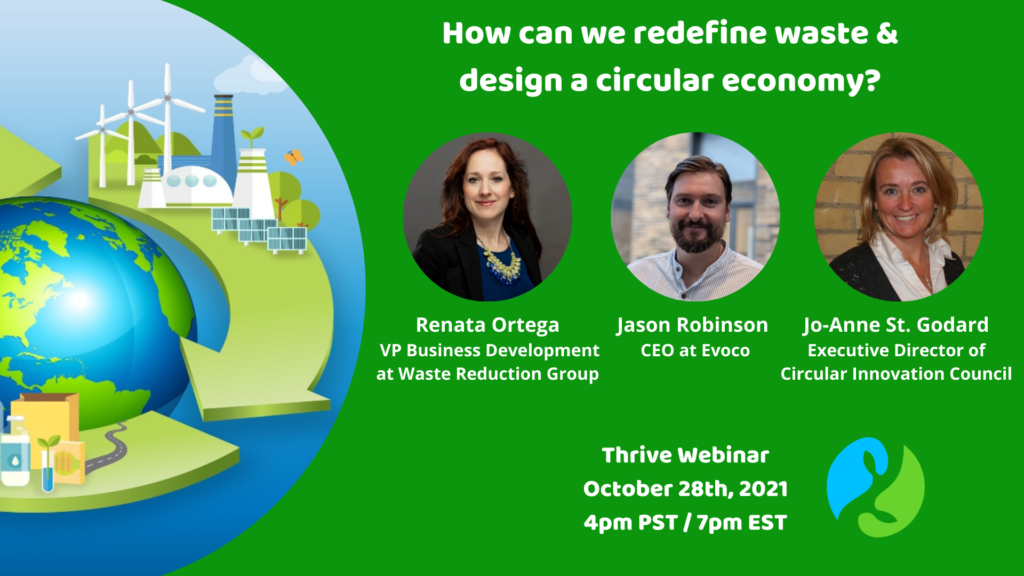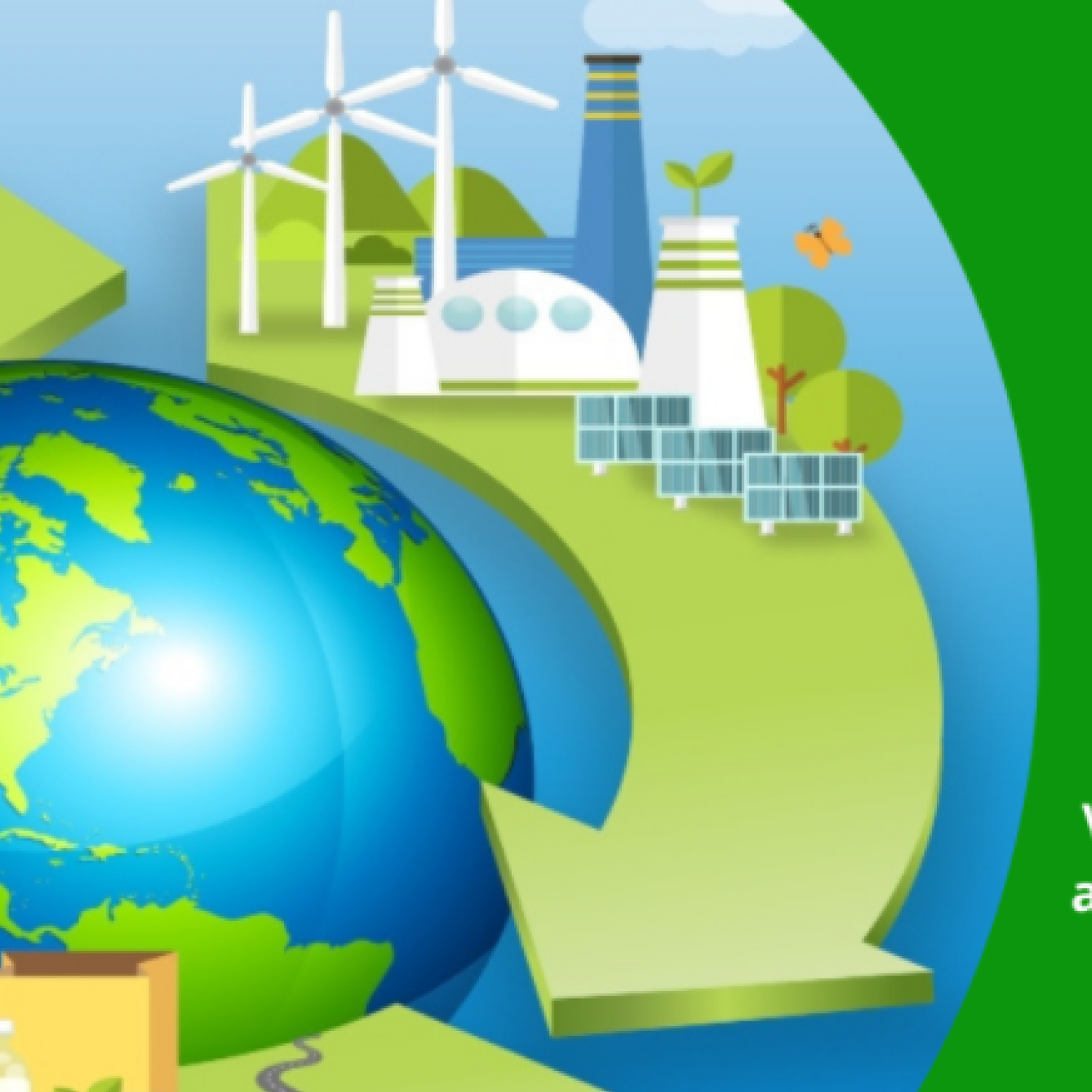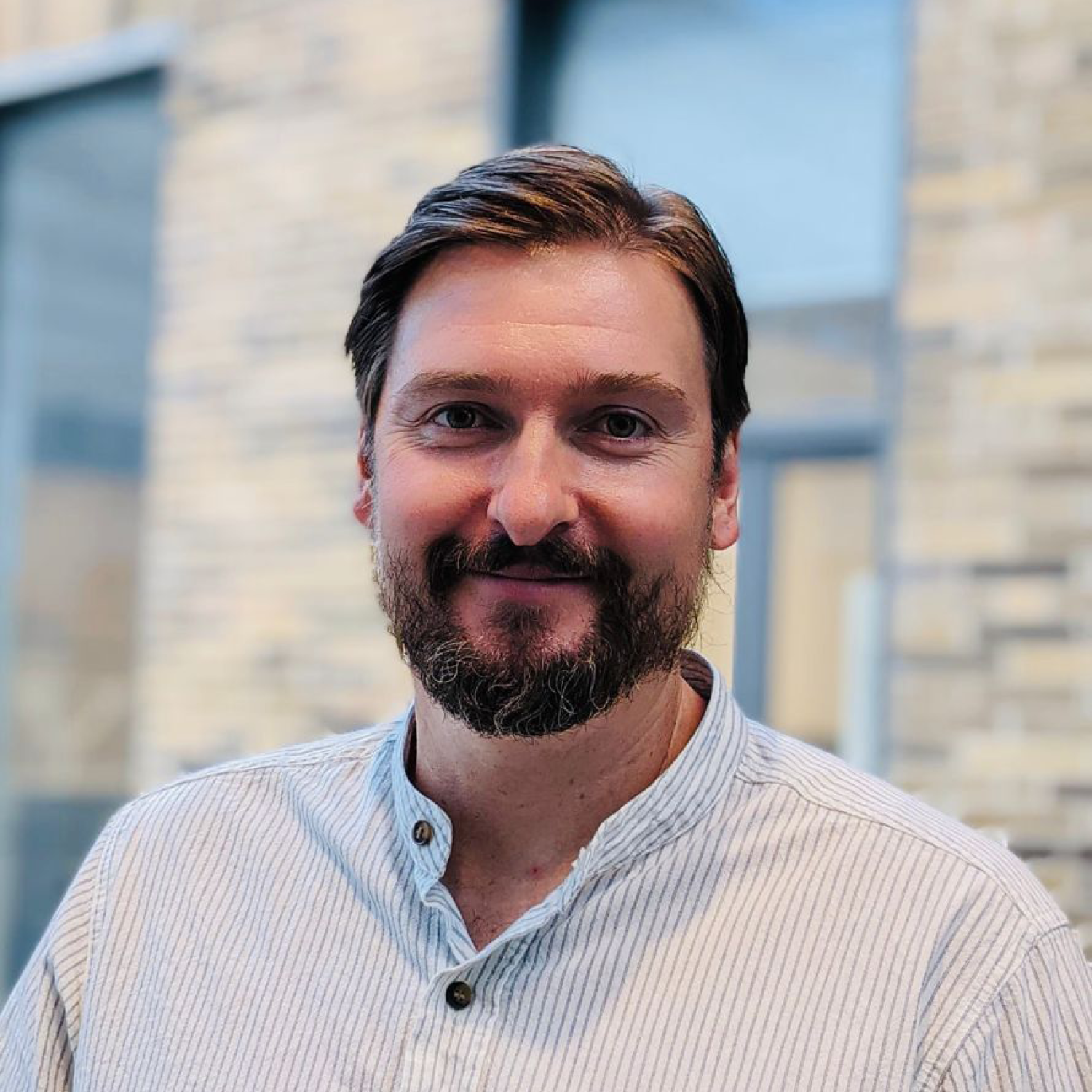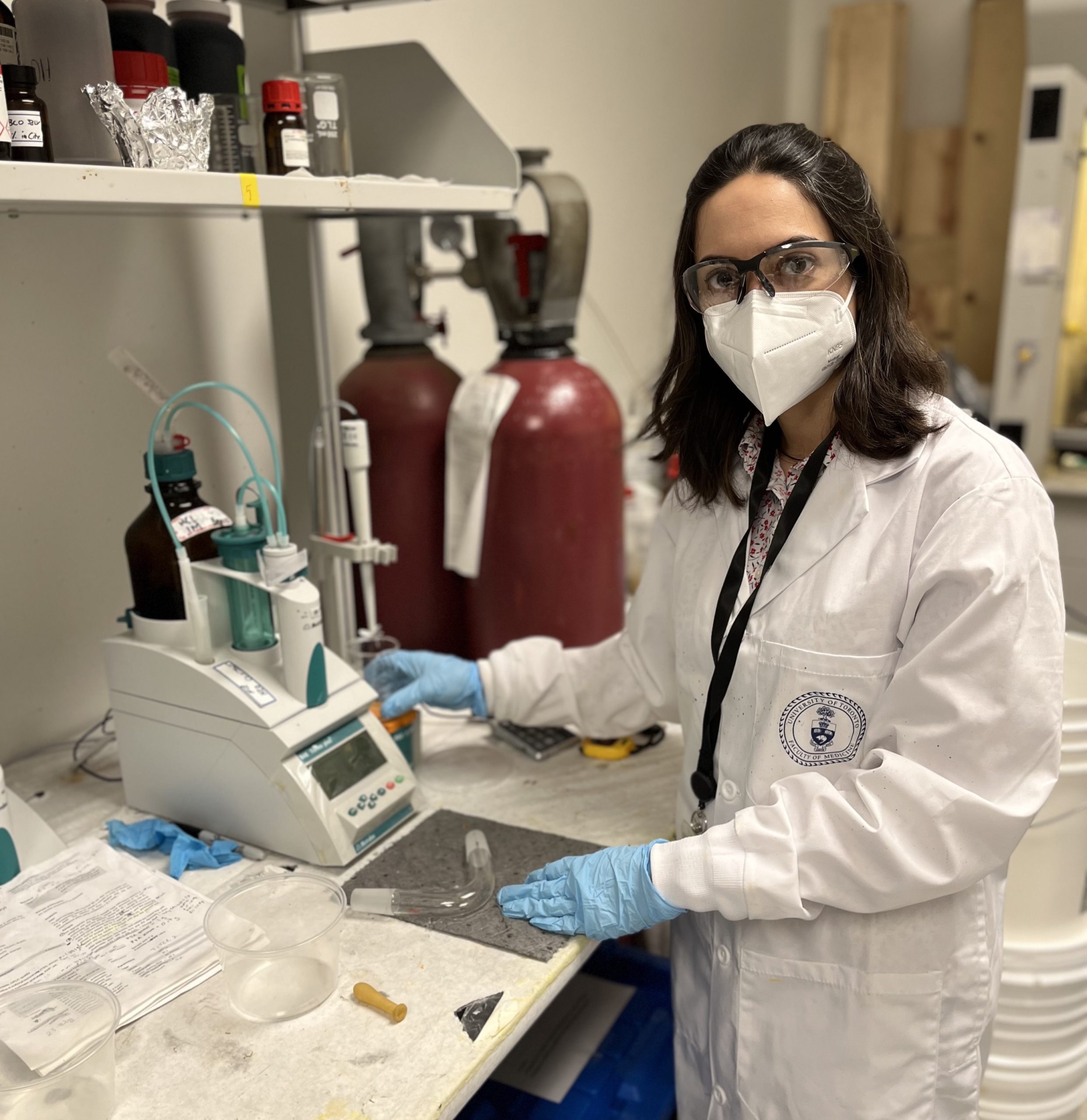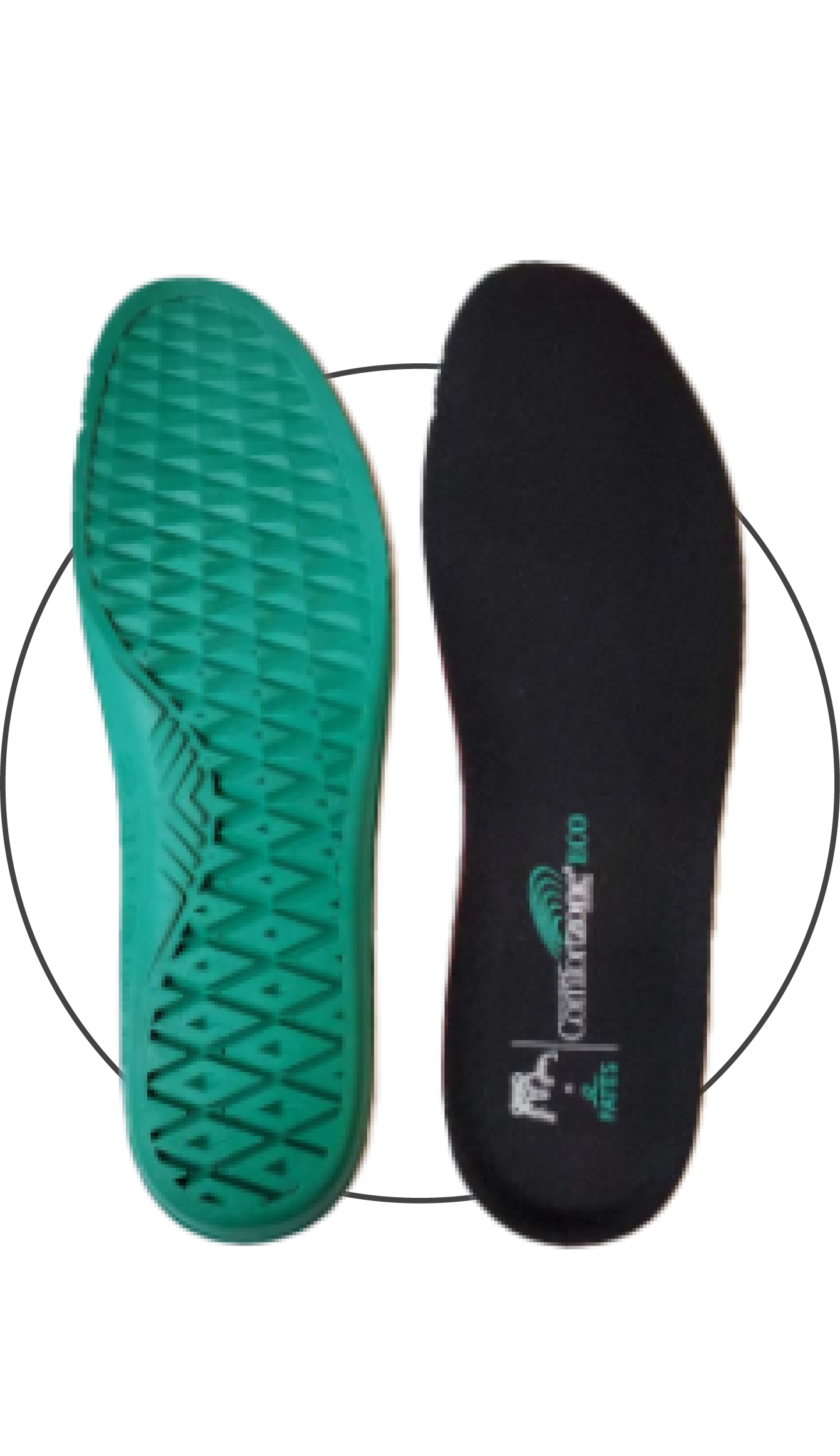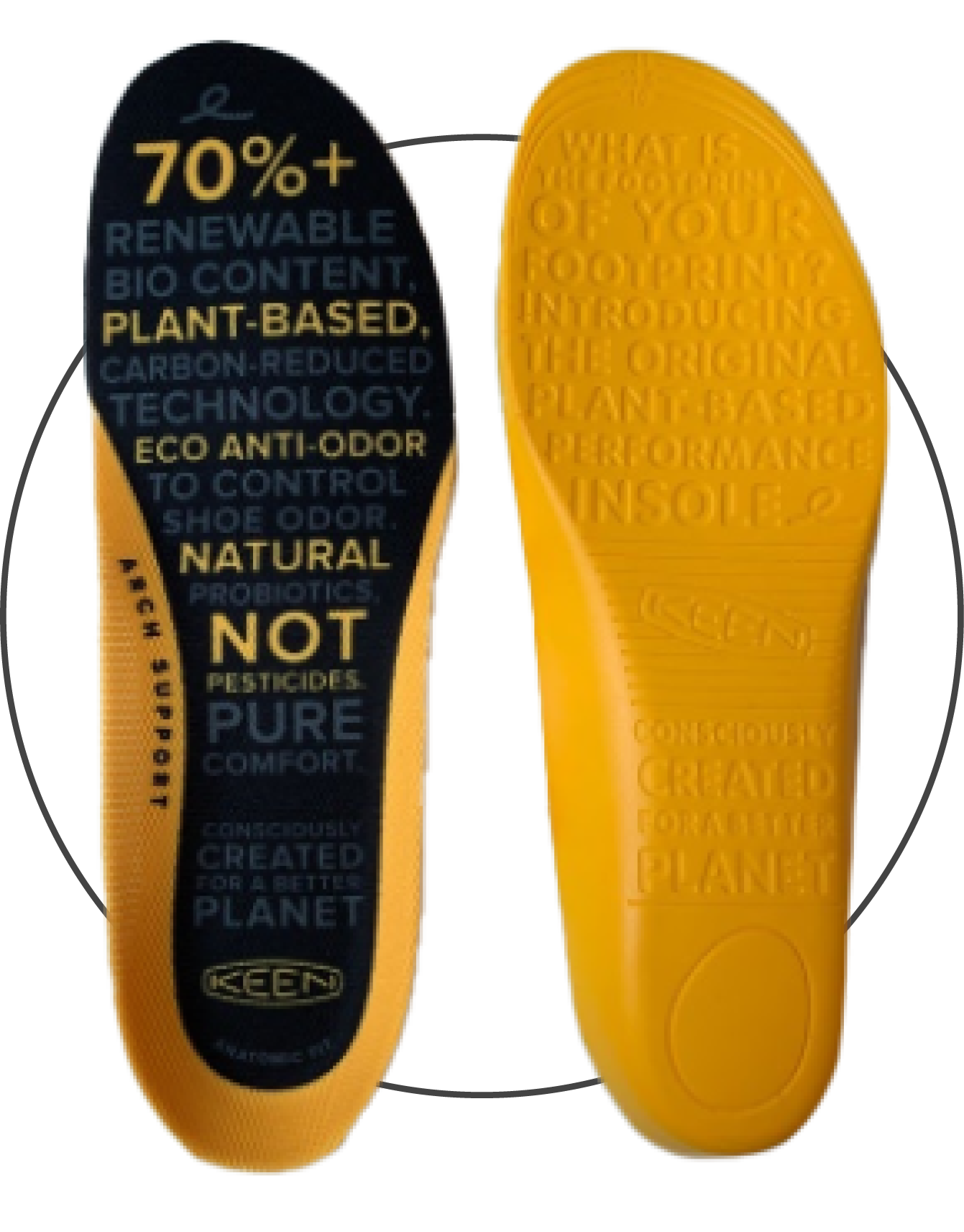Written by: Julia Bevacqua for IVEY News, find the article here
What makes a sustainable product?
It might be how it’s manufactured. Maybe it’s about who is making the product. Or maybe it’s how the product is shipped. All of this is true, but perhaps one of the most important factors influencing the sustainability of a product are the materials and innovation processes that make the product.
This is where Jason Robinson, MBA ’16, is making a difference and playing a leading role in building a more sustainable future.
After graduating with a degree in chemical engineering, Robinson dove head first into the clean tech space. He worked on a number of different technology projects from solar to wind to biofuels for nearly two decades. His entrepreneurial spirit followed him throughout, as did his desire to do better by the world through the development of sustainable technology. After years of working on the technical side, Robinson decided to focus on taking sustainable tech to the marketplace, which led him to create Evoco.
Evoco is a clean tech company that focuses on developing sustainable materials through a robust innovation platform. The goal behind Evoco is to harness the power of nature by using plant-based chemistry to replace petrochemical based products. Anything you encounter in your everyday life that uses oil-based materials, from contact lenses to pillows to laundry detergent, are within the scope of Evoco’s vision.
Evoco’s vision is also one of circularity, which they define through a three-pillar platform. The first pillar involves utilising plants instead of oil-based products to reduce the greenhouse gas emissions. The second pillar is about making products that last. This adds value for the customer and requires less resources since products have enduring performance and don’t need to be replaced as frequently, if ever. The third and final pillar of Evoco’s circularity philosophy is biodegradability. In cases where a product has reached its end of life, it will break down so that the carbon that went into the plant that made the product can be returned to the environment.
Currently, Evoco’s main products on the market are a plant based eco-foam and natural probiotic based odour and cleaning technology, used mainly in shoes for now but with many other potential applications. The company also has over 15 patents pending and expect to release more than 10 new products within the next two years. One of the upcoming products that Robinson is most excited about is a plant-based leather alternative that uses more sustainable materials and a more sustainable method of production too.
While most current customers of Evoco are other companies looking for more sustainable product inputs, Evoco hopes to start selling direct-to-consumer soon as well.
One of the biggest challenges that Evoco has faced is the pandemic. Robinson’s years of experience in sustainable tech and as an entrepreneur gave him the confidence to manage and grow the business, but the pandemic came with a lot of uncertainty that was harder to control. As a small business, but one with a global reach, the pandemic introduced serious supply chain challenges and made it hard to attract new customers. These combined factors stagnated the exponential growth that the company experienced prior to the pandemic.
But if there is one thing that has driven Robinson and the Evoco team during the pandemic, it has been to continue evolving, inventing, and experimenting with new ideas and technologies. These values are what have helped cement Evoco as more than a product group, but as a leading innovator in the field.
Robinson also notes the shifting culture amongst large companies to adopt more sustainable practices, a trend that has continued and perhaps even heightened during the pandemic. “COVID created a lot of challenges, created a lot of uncertainty, but our future is so bright because we know that everything that we’re working on is a requirement of businesses today and businesses who want to be relevant,” explained Robinson.
As an Ivey alumnus, Robinson is grateful for what he learned during his time at Ivey and how the networks he gained have helped him in building Evoco. “Ivey gave me better leadership, technical, and strategic tools so that I’m not only leading a company, but driving an industry.” Driving an industry is right. Evoco is reinventing how the products we rely on are made, and they’re only just getting started. With the funding announced in September, Evoco will be able expand its team and come up with even more ways to make our world more sustainable one product at a time.
